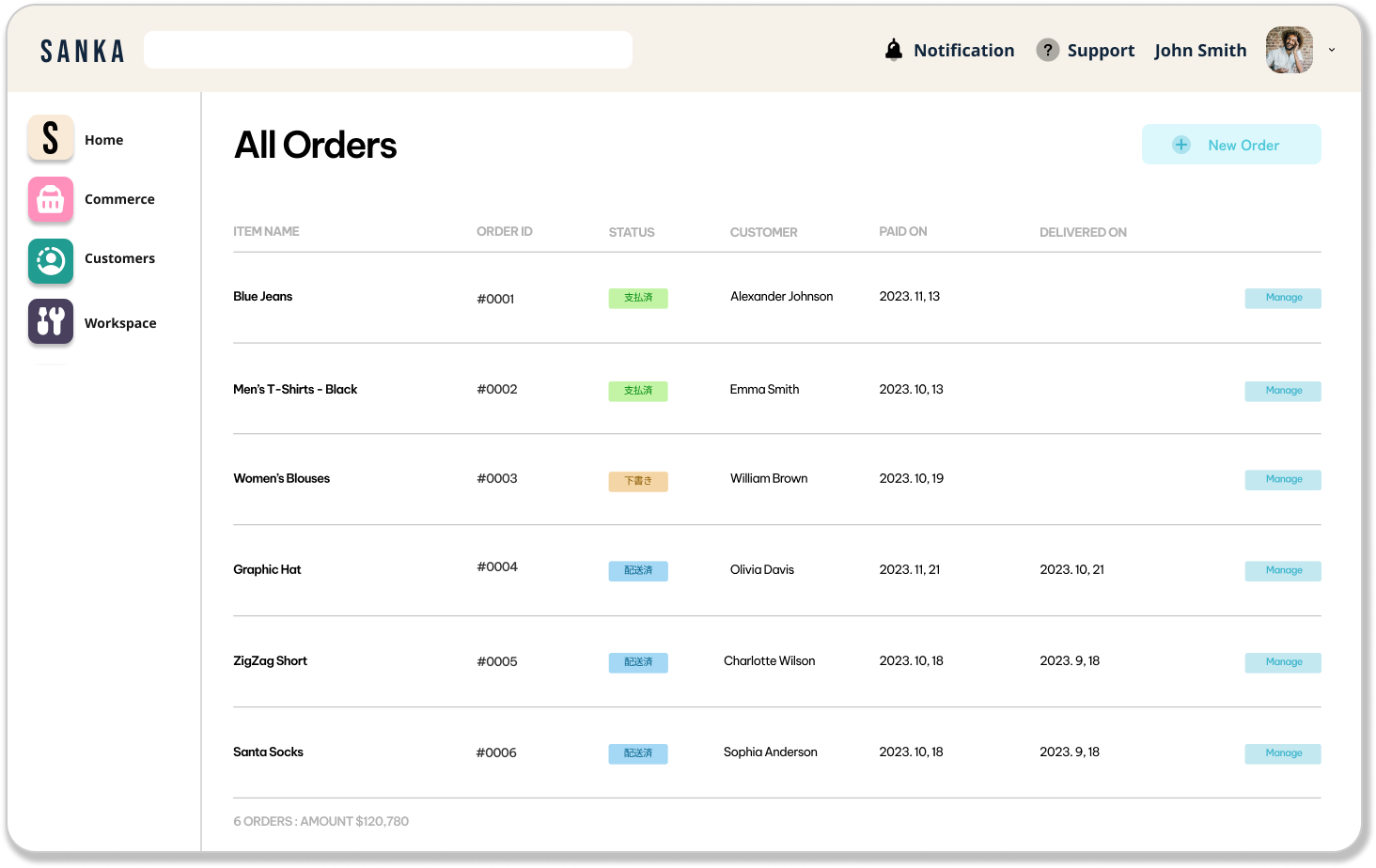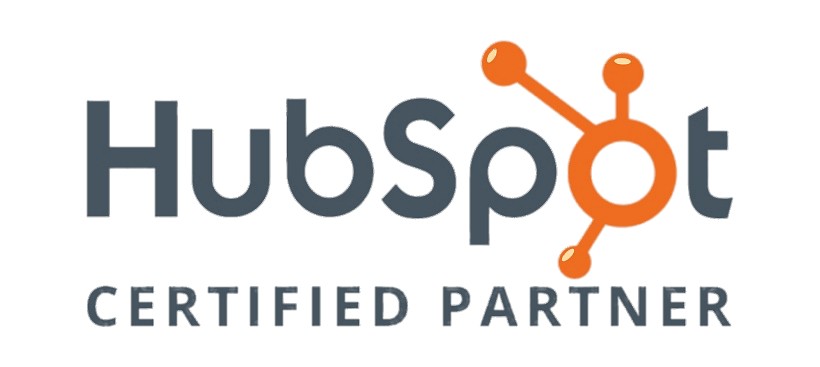Table of Contents:
- What Is Automation? A Detailed Definition
- The History of Automation: From Early Automation to the Present Technology
- A Glimpse into History: The Birth of Automation
- Automation in the Digital Age: The Revolution
- The Present: Automation's Ubiquity
- The Evolution of Automation: How It Has Transformed Our World
Introduction
Ever wonder how so much of the technology you use every day actually works? The secret is automation.
Whether you realize it or not, automation has been transforming our world for decades.
In the modern era, the term "automation" has become synonymous with progress, efficiency, and technological advancement.
From the automated assembly lines that revolutionized manufacturing to the algorithms that power everything from Netflix recommendations to self-driving cars, automation is the not-so-secret engine driving progress.
In this comprehensive exploration, let’s dive in and explore how automation works, where it came from, and where it’s taking us next.
The future is automated - are you ready?
What Is Automation? A Detailed Definition
At its core, automation refers to the use of technology to perform tasks with minimal human intervention.
It involves the creation of systems or processes that operate automatically, executing predefined actions based on set conditions, triggers, or algorithms.
In a nutshell, it’s getting machines to do our work for us.
The aim of automation is to streamline operations, reduce errors, enhance efficiency, and optimize resource utilization.
Read this to learn more about the importance of automation.
Automation can be found in various aspects of life, from manufacturing and agriculture to finance, healthcare, and even our daily routines.
Automation has been around for centuries, beginning with mechanical devices used in the Industrial Revolution.
These machines took over physical tasks from humans, such as controlling engines or weaving textiles.
Today, automation has advanced to using robots, artificial intelligence (AI), and software to perform both physical and cognitive jobs.
So, where is automation heading?
In the coming decades, AI and robotics will transform many industries. Self-driving vehicles will automate transportation.
Advanced robotics will further automate manufacturing and warehousing. AI will enhance automation in fields like healthcare, education, and finance.
While automation may significantly alter jobs and the economy, it also has the potential to create new roles, reduce dangerous work, and improve our quality of life.
The future is filled with opportunities if we're able to adapt to this technology and use it to benefit humanity.
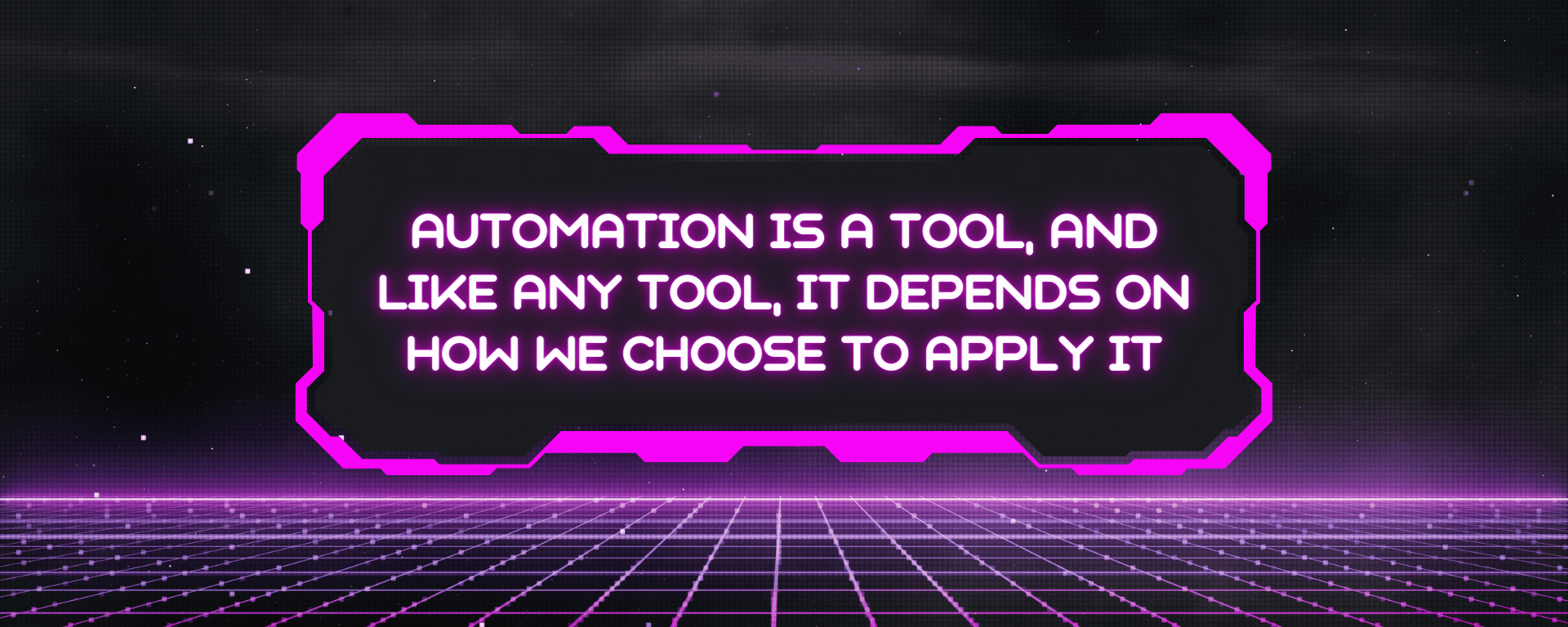
The History of Automation: From Early Automation to the Present Technology
Automation has been around for centuries, beginning with simple mechanical devices and progressing to complex robotics and AI.
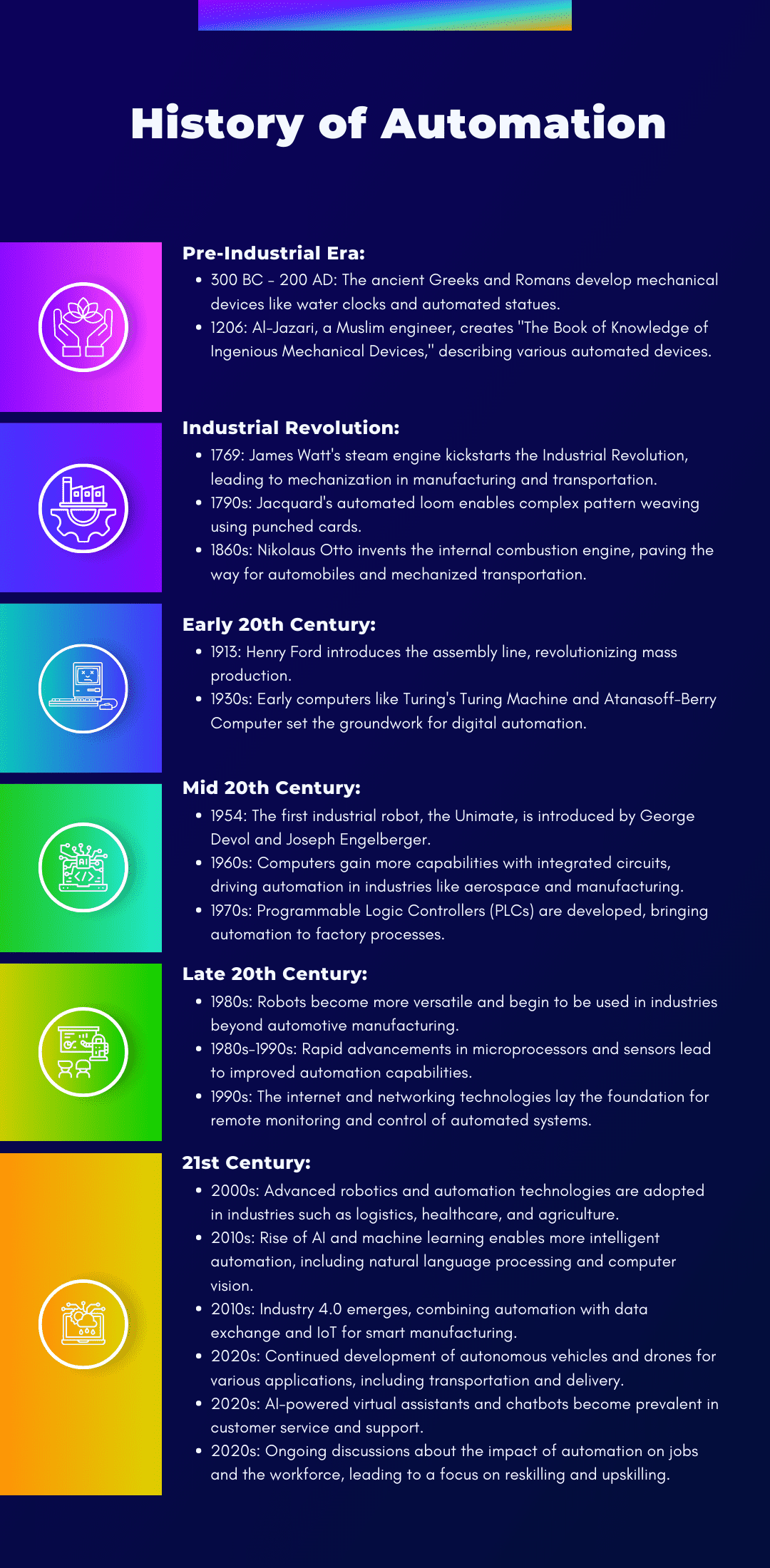
A Glimpse into History: The Birth of Automation
The roots of automation trace back to ancient times when humans began inventing tools to simplify tasks.
Automations, like mechanical dolls and animals, date back to ancient Egypt, Greece, and Rome.
The Islamic Golden Age and Chinese dynasties also saw the development of intricate automation.
In the late 1700s, the textile industry mechanized production using power looms and spinning mills.
However, the true shift towards industrial automation occurred during the Industrial Revolution in the late 18th century.
The invention of machines, such as the spinning jenny and the power loom, marked the beginning of a new era where manual labor was progressively replaced by mechanized processes.
One of the pivotal moments in automation history was the introduction of the assembly line by Henry Ford in 1913.
This revolutionized manufacturing by breaking down complex tasks into simpler, repetitive actions performed by specialized workers.
The result was a remarkable increase in productivity and the birth of mass production.
Automation in the Digital Age: The Revolution
In the mid-20th century, the first programmable robots emerged. The 1960s saw the introduction of the first industrial robot. In the 1970s and ‘80s, robotics and automation expanded into automobile manufacturing.
The true revolution of automation, however, unfolded in the latter half of the 20th century with the advent of digital technology.
Computers, microprocessors, and software laid the foundation for a new wave of automation that extended beyond the manufacturing sector.
The 1960s saw the birth of Computer Numerical Control (CNC) machines, enabling automated control of machine tools.
This innovation transformed industries like aerospace and automotive manufacturing, allowing for higher precision and customization.
In the 1970s and 1980s, Programmable Logic Controllers (PLCs) emerged, becoming the heart of industrial automation systems.
PLCs enabled real-time control of machines and processes, leading to increased efficiency and reduced human error.
In recent decades, automation has advanced rapidly. Computers now control and monitor many industrial processes.
Service industries employ self-service kiosks and online tools. Homes have smart home assistants and automated heating/cooling systems.
AI powers virtual assistants, self-driving cars, automated stock trading, and more.
The Present: Automation's Ubiquity
Where we are today with automation is truly mind-blowing. Advancements in computing, artificial intelligence (AI), and robotics have accelerated the automation of jobs and tasks at an unprecedented rate.
In the present day, automation has permeated nearly every facet of society.
Computers and Software
Computers and software have automated countless routine tasks, from spell-checking to diagnosing when your washing machine needs repairs.
Software automation has transformed entire industries, like banking and transportation. ATMs replaced many bank tellers and accounting software reduced the need for bookkeepers.
Ride-sharing apps like Uber and Lyft use algorithms to match drivers and riders, disrupting the traditional taxi dispatch model.
AI and Machine Learning
Artificial intelligence and machine learning have enabled computers to learn on their own and perform human-like tasks with increasing autonomy.
AI powers virtual assistants like Siri and Alexa, self-driving cars, facial recognition, and AI that can detect diseases or analyze legal documents.
As AI continues to advance, many jobs will be enhanced or made obsolete. Machines will take over dangerous and repetitive jobs, freeing up humans for more creative work.
Robotics
Advancements in robotics, sensors, and automation have transformed manufacturing and warehousing.
Industrial robots now handle repetitive and labor-intensive tasks like welding, packing and sorting with precision and speed.
Amazon’s warehouse robots can lift and move heavy shelves of products to human workers.
Surgical robots allow doctors to perform complex operations with increased accuracy. Robotics will continue to transform jobs and raise productivity.
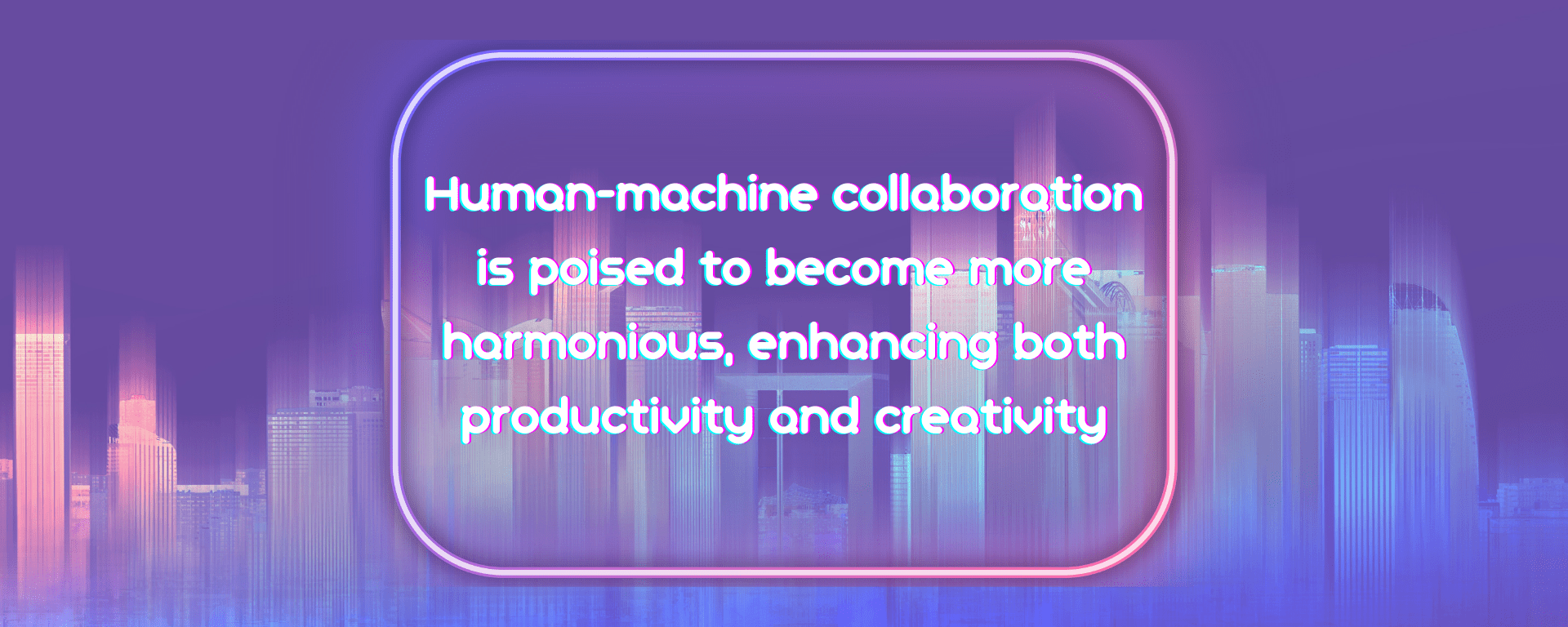
The Evolution of Automation: How It Has Transformed Our World
Automation has been changing the world for centuries, though its impact has accelerated in recent decades. Many of the technologies we now rely on would not be possible without automation.
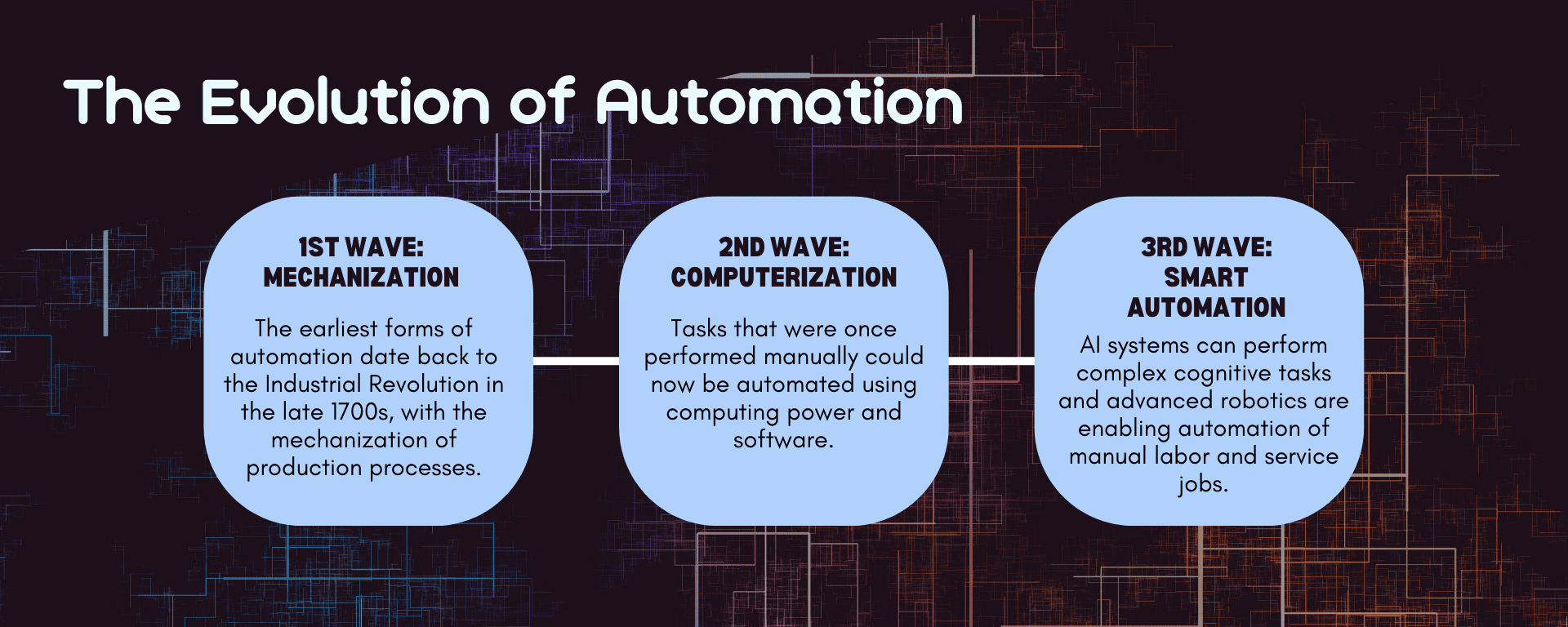
Conclusion
As we peer into the future, the potential of automation seems boundless.
What started as simplistic mechanical machines have evolved into highly intelligent systems that are transforming our world in ways never before imagined.
While increased automation and job disruption can be frightening to consider, the benefits to efficiency, productivity, and improved standards of living are very real.
As repetitive tasks are automated, the workforce will need to adapt and acquire new skills.
The challenge lies in striking a balance between harnessing the power of automation and preserving the irreplaceable qualities of human ingenuity, empathy, and creativity.
The key is embracing automation and using it as a tool to enhance human capabilities rather than replace them.
With an open and willing attitude, we can work with machines rather than against them to build a better future for ourselves and generations to come.
